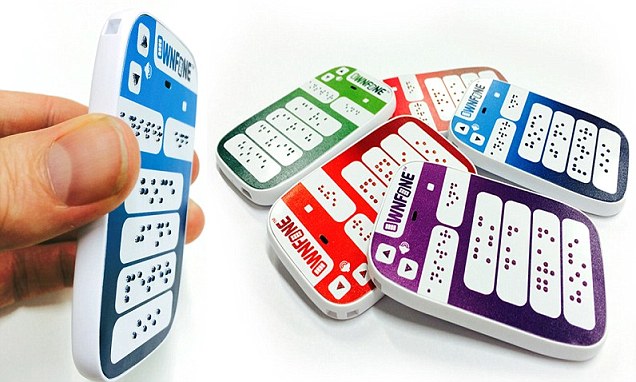Do you remember when the latest mobiles were a must have, and everyone queued up for hours waiting for the latest release? Well it seems that recently times have changed… Now the ‘vintage’ models are making a comeback in a big way.
Before Angry Birds and Cut the Rope, back when Snake was all you needed to keep you entertained on a rainy winters day. The old mobile phones had basic functions, call and text, the battery life lasted for weeks, and they were practically indestructible - actually, come to think of it, old phones were the best! No more daily charging and constant alerts, well sign us up!
Demands for these old phones are so high that some of them are selling for nearly £80 a piece! A vintage mobile site called vintagemobile.fr is selling Nokia 8800 for almost £200, and it seems that people are buying them. Over the past 2 - 3 years the website estimates to have sold around 10,000 handsets, and that figure has seen some rapid increase since the beginning of 2013.
Some say it’s down to the older generations looking for simpler phones, whilst others just want an easy to use work phone. Although, some think it could the hipster vintage market who are the ones really investing in the current market.
Whoever it is buying them up, we are actually quite glad that the older models seem to be making a comeback. If you’re jumping on the vintage phone bandwagon then don’t forget to recycle your latest model!

Before Angry Birds and Cut the Rope, back when Snake was all you needed to keep you entertained on a rainy winters day. The old mobile phones had basic functions, call and text, the battery life lasted for weeks, and they were practically indestructible - actually, come to think of it, old phones were the best! No more daily charging and constant alerts, well sign us up!
Demands for these old phones are so high that some of them are selling for nearly £80 a piece! A vintage mobile site called vintagemobile.fr is selling Nokia 8800 for almost £200, and it seems that people are buying them. Over the past 2 - 3 years the website estimates to have sold around 10,000 handsets, and that figure has seen some rapid increase since the beginning of 2013.
Some say it’s down to the older generations looking for simpler phones, whilst others just want an easy to use work phone. Although, some think it could the hipster vintage market who are the ones really investing in the current market.
Whoever it is buying them up, we are actually quite glad that the older models seem to be making a comeback. If you’re jumping on the vintage phone bandwagon then don’t forget to recycle your latest model!











